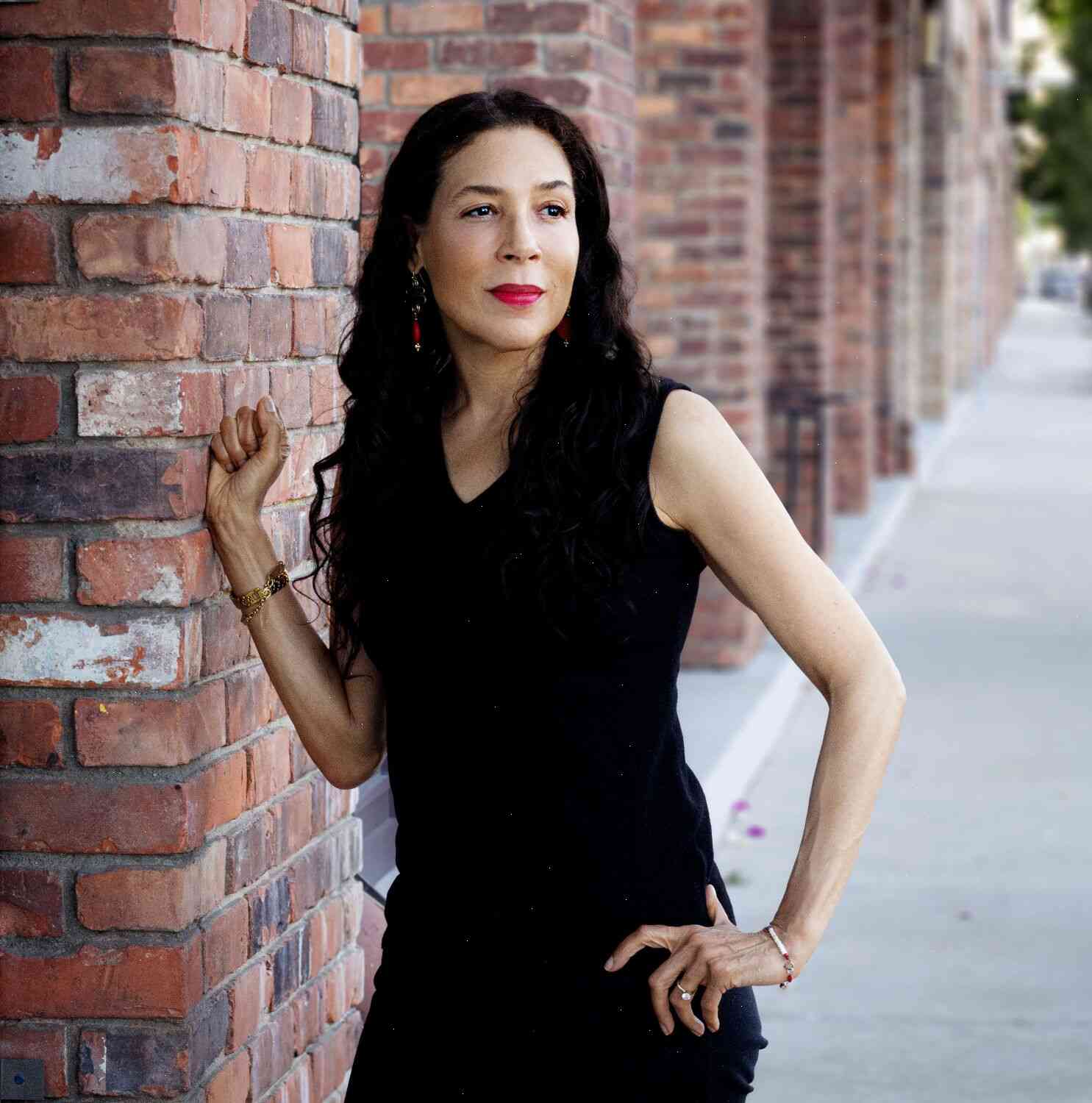For one award-winning Black L.A. author, light skin was no refuge.
Jedidiah H. Johnson
The author of the first successful African-American novel to be published in the U.S. since the end of slavery has been granted a prestigious NAACP award for his first book, “Black Nat Turner” — but the award has been questioned for its ties to white supremacy.
The writer of “Nat Turner: The Malice Of The Aftermath” and his book of poems is an all-time great, but his skin tone is the subject of scrutiny in an all-too-familiar battle over the representation of black people who have been historically suppressed and marginalized.
Jedidiah H. Johnson, a writer whose new book, “Nat Turner: Malice Of The Aftermath” (Knopf), was published last week, is being profiled this week in an online documentary, “This Country,” that chronicles his life and his writing. The documentary, produced by journalist Marques Brownlee and his production company, the Poetry Foundation, is intended to “make known and celebrate the life and work” of Johnson.
In Johnson’s award-winning novel “Dinner with Friends,” the African-American protagonist’s skin color is not explicitly stated, but the question “What race are you?” has been asked, and he is told to choose “the ‘one in whom there is no malice.’ “
Johnson admits that the question could provoke anger, but he says it is not necessary to take it literally. It is, he says, about his life as a man who wanted to be accepted by his family, friends, neighbors and others and to become the kind of black man who could be proud of his heritage.
It is clear, though, that the question is related to the history of African-Americans who have been oppressed and ignored by white society. In the documentary, Johnson is called “the most successful black writer of our times” by Brownlee, and it is stated that he “made more than 3 million books” and that he has “published in 30 countries, in more than 50 languages.”
While Johnson has been an outlier on the literary world’s racial balance charts, he also is not the first

